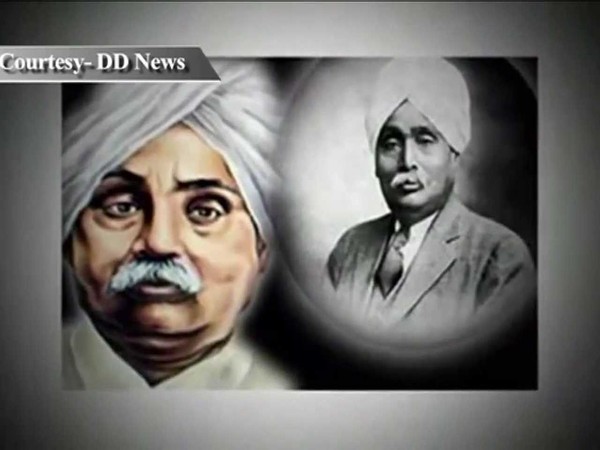
Biography: Remembering Punjab Kesari Lala Lajpat Rai
Rai himself advocated a fierce brand of patriotism and greatly influenced the freedom movement through his brand of politics and journalistic writing.
Lala Lajpat Rai, popularly known as Punjab Kesari, was a prominent nationalist leader who played an important role in India's freedom struggle. He was associated with many freedom struggle related activities and played a key role in activities surrounding setting up of Punjab National Bank, a major PSU bank even now.

He was one of the Lal-Bal-Pal triumvirate, the other two being Bal Gangadhar Tilak and Bipin Chandra Pal. The trio propagated a progressive ideology to free India from the clutches of the British.
Rai himself advocated a fierce brand of patriotism and greatly influenced the freedom movement through his brand of politics and journalistic writing. Rai was described as the pillar of nationalism in India.
Early life and career as a lawyer:
Lajpat Rai was born on January 28, 1865, Dhudike village in Punjab's Ferozpur District. He received his school education from Government Higher Secondary School in Rewari (now in Haryana). In 1980, Latpat Rai joined Government College at Lahore to study Law, where he came in contact with patriots and future freedom fighters, such as Lala Hans Raj and Pandit Guru Dutt.
Being deeply influenced by preachings of Swami Dayanand Sarasvati and Arya Samaj movement, be became the founder editor of Lahore-based Arya Gazette.
In 1986, he moved to Hisar where his father was transferred, and started to practice law and became a founding member of Bar Council of Hisar along with Babu Churamani. While in Hisar, he was involved in many activities that were aimed at free India from foreign rule. In 1892, he moved to Lahore to practice before the Lahore High Court.
Rai was a prolific writer, so while practising law he also contributed to several newspapers including The Tribune.
In 1914, he quit law practice to dedicate himself to the freedom of India and went to Britain in 1914 and then to the USA in 1917. In October 1917, he founded the Indian Home Rule League of America in New York. He stayed in the USA from 1917 to 1920. In the United Staes, he sought the support of the international community for the attainment of independence of India.
Protests against Simon Commission and Lalaji's death:
Lajpat Rai strongly opposed the Simon Commission, set up by the British government to report on the political situation in India. The opposition was based on the fact that the Commission, headed by Sir John Simon, did not include a single Indian in its membership.
When the Commission visited Lahore on October 30, 1928, Lajpat Rai led a silent march in protest against it. The superintendent of police, James A. Scott, ordered the police to baton charge on the agitators in which Lajpat Rai was grievously injured. He did not fully recover from his injuries and died on November 17, 1928, of a heart attack.
Although the British administration denied their role in Lajpat Rai's death, it was widely believed that the injuries sustained during the baton charge hastened his death.
There is a famous line he said after being injured in the baton charge which is, "I declare that the blows struck at me today will be the last nails in the coffin of British rule in India."
OneIndia News


 Click it and Unblock the Notifications
Click it and Unblock the Notifications

































